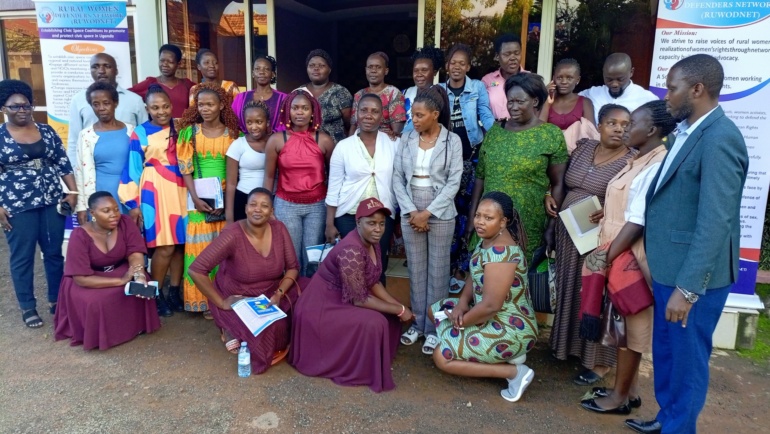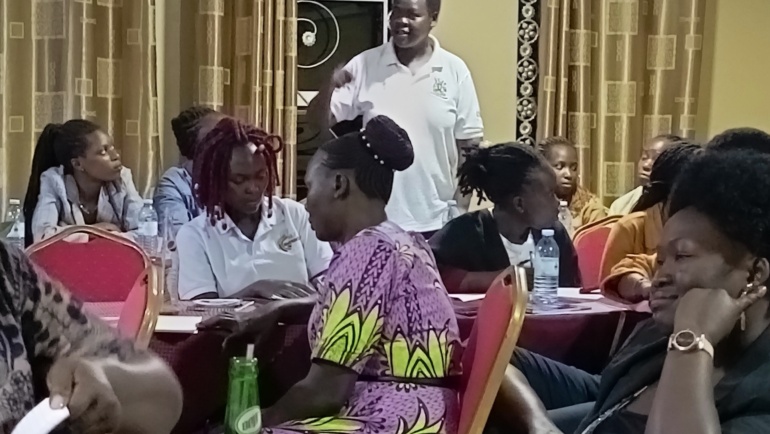CIVIC SPACE MOVEMENT
Our Background
Civic Space Movement (CISMO) is a coalition of grassroots groups and
organizations working to promote and protect Civic Space in Uganda.
Comprised of majority grassroots civil society organizations, CISMO brings
together civil society actors- a diverse set of individual and collective actors
that operate in the civil society arena. Among them, civil society organizations
(CSOs) are the broad range of organized collective actors, which are structured
in a variety of ways, from more to less formal.
CISMO is working to create favorable operating environment for grassroots
Civil Society Organizations and actors to freely express themselves,
assemble and associate. It is important to note that Civic space
encompasses the multiple factors (including legal, policy, administrative,
economic, customary and cultural factors) determining the extent to which
members of society are able – either individually or collectively – to engage in
civic action or, in other words, the conditions that make a meaningful and vibrant
civil society possible (or not) in a given context.
What is Civil Society?
of the family, the state and the market in which individual and collective actors
undertake voluntary action to advance socially relevant
What is Civic Space Engagment?
Civic engagement is the process through which individual and collective actors
undertake voluntary action in the civil society arena – as opposed to the spheres
of the family, the state and the market – with the aim of achieving socially
relevant goals.
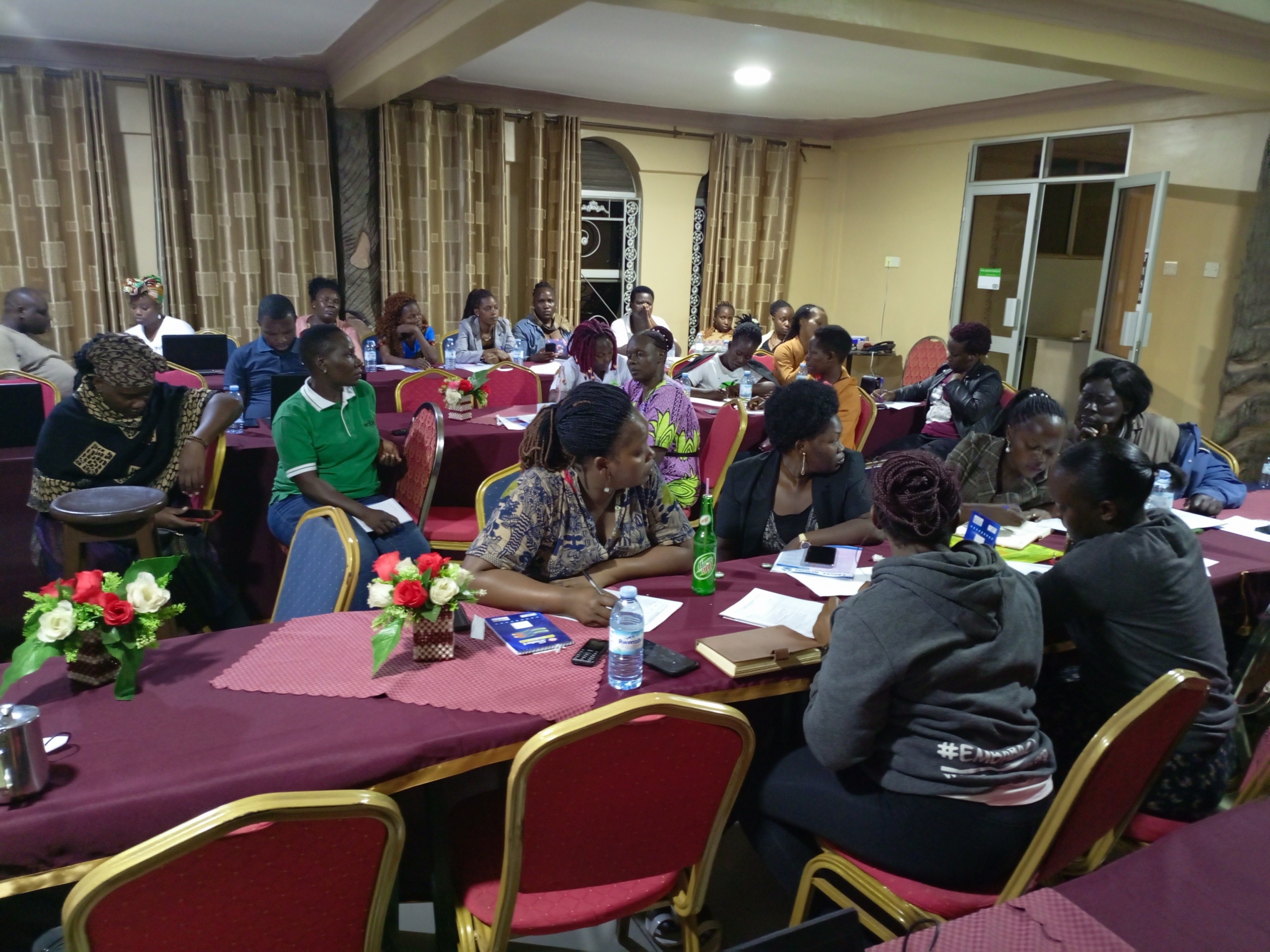
OUR FOCUS AREAS
Freedom of opinion and expression is protected under Articles 19 of both the UDHR
and the ICCPR (complemented by General Comment No. 34) as well as several
other international and regional instruments. It implies the right to seek, receive and
impart information and ideas of all kinds regardless of frontiers, both on line and
offline. The scope of this right includes every form of idea and opinion capable of
transmission to others and even embraces expression that may be regarded as
deeply offensive. However, based on ICCPR Article 20, efforts must be made to
prevent and address propaganda for war and incitement to discrimination, hostility or violence, including through prohibition by law. The freedoms of opinion and
expression are inextricably linked to the right of access to information, which
provides for the possibility to obtain information of public interest held by state
institutions or other bodies carrying out public functions. Media freedom
underpinned by a media environment that provides for pluralism, independence and
safety is another essential element for the realization of the right to freedom of
opinion and expression.
The freedom of peaceful assembly is enshrined in Article 20 of the UDHR, Article 21
of the ICCPR (complemented by General Comment No. 377 and several other
international and regional instruments. This right protects the non-violent
gathering of persons for expressive purposes (such as conveying a position,
demonstrating solidarity or asserting identity) as well as gatherings with
entertainment, cultural, religious or commercial objectives. As such, the right to
the freedom of peaceful assembly constitutes an individual right that is exercised
collectively. Assemblies protected under Article 21 of the ICCPR may be stationary
(such as pickets) or mobile and may take many forms, including demonstrations,
protests, meetings, processions, rallies, sit-ins, candlelit vigils and flash mobs.
Furthermore, Article 21 of the ICCPR protects peaceful assemblies wherever they
may take place: in public and private spaces, outdoors and indoors. As clarified by
General Comment No. 37, assembly activities occurring online -including public
debate and collective protests via electronic means -are also protected under ICCPR
Article 21.
The freedom of association is protected by Article 20 of the UDHR, Article 22 of
the ICCPR and several other international and regional instruments." It implies the
right of any group of individuals or entities to engage in collective action in the
pursuit of lawful purposes. International human rights law protects
individuals from undue interference in the exercise of their freedom of
association. This means, among other things, that associations should be allowed to
decide freely on matters of internal organization (such as membership or internal
governance) and that they should be able to freely engage their constituencies and
the public at large without fear of reprisal. Additionally, the right to freedom of
association includes the ability to seek, receive and use resources -human, material
and financial from domestic, foreign, and international sources. Individuals
have a right to form an association as a legal entity. However, they cannot be
required to form a legal entity in order to enjoy the freedom of association.
Furthermore, no individual may be compelled to join an association.
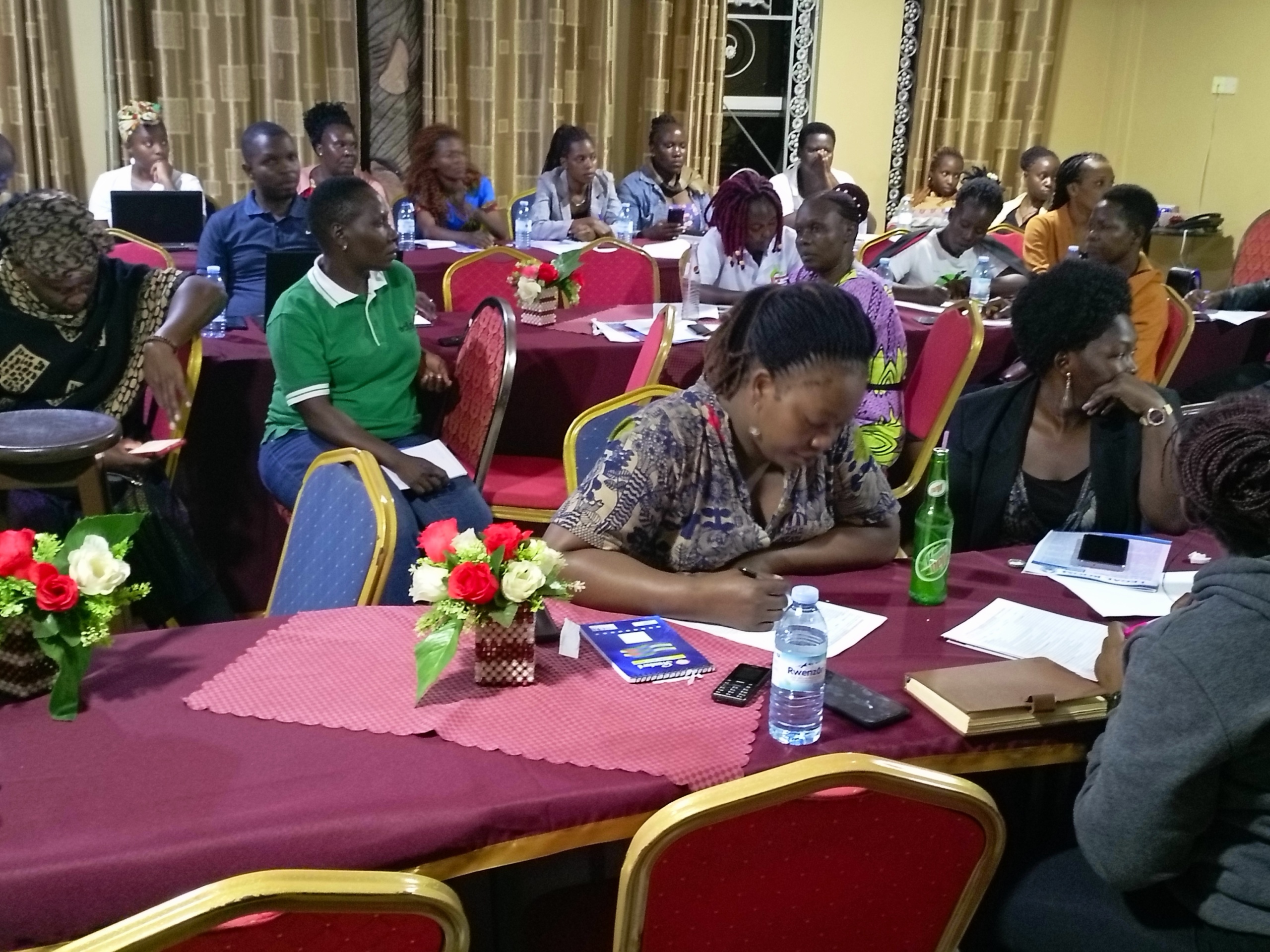
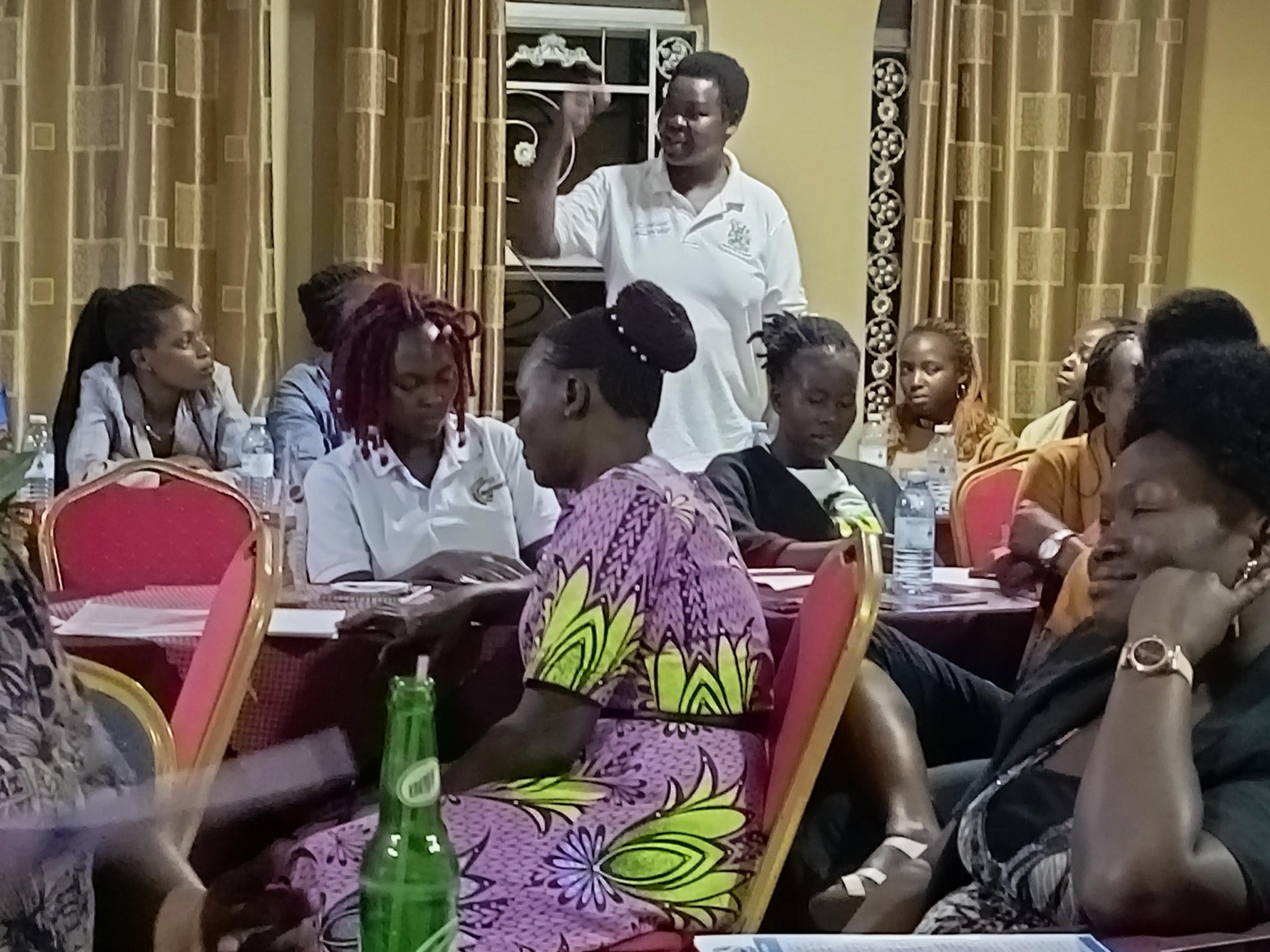
SUPPORT OUR ACTIONS
Information Campaign on Government Programmes
We often inquire why all the disasters and atrocities, alongside poverty are happening, and – for those who believe – are allowed by higher powers. Poverty has been seen for a very long time and even back...
Learn MoreEducating women and WHRDs on Access to information act 2005
We stand for preservation of forests, protection of the climate by challenging corporate power and systemic injustice through frontline partnerships and strategic campaigns. We’ll never stop fighting for a greener...
Learn More


